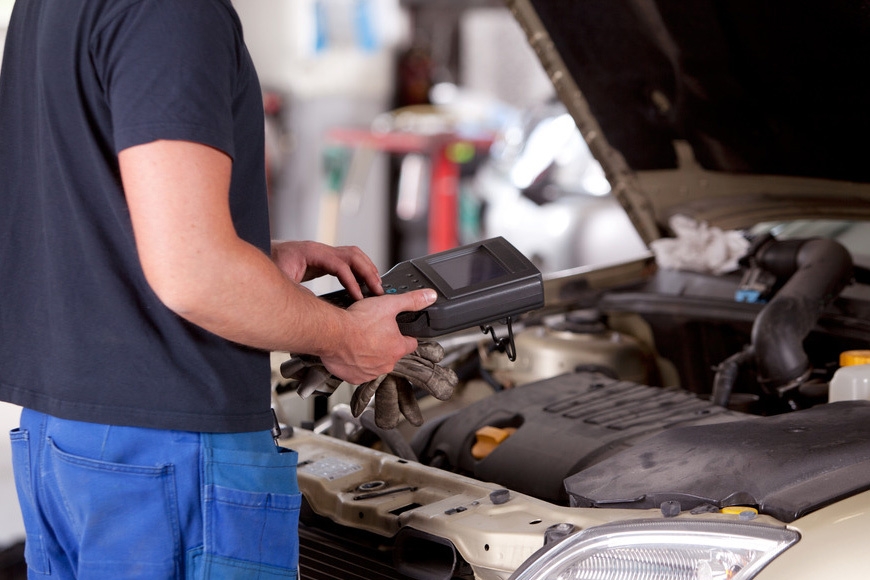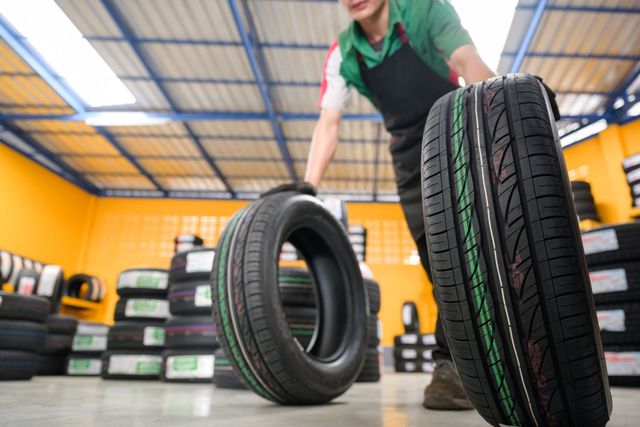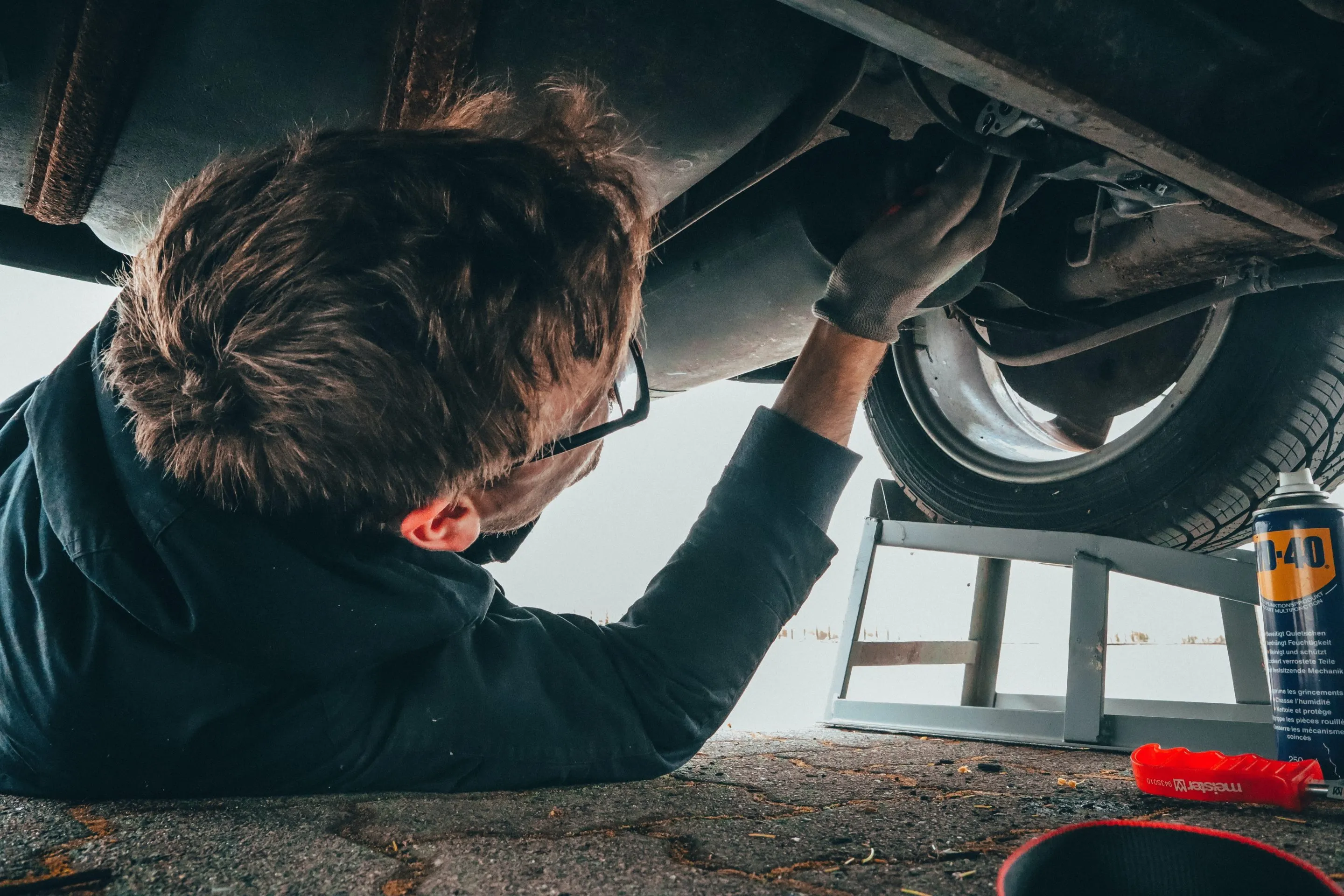Winter Car Care Tips – Preparing for Cold Weather
Winter brings snow, slush, and ice to the roads. These conditions can make driving treacherous, especially if you need more preparation.
During the winter, you should check your tires regularly, ensuring they are inflated to the proper pressure. It will help improve traction on the road.
You should also check your coolant level and ensure it has the correct ratio of antifreeze to water.
Check Your Battery
When you start your car on a cold day, the battery sends power not only to the motor but also to systems like the heater and lights. These demands zap your battery’s cranking energy in frigid temperatures, especially if you leave them on after driving.
Check Your Antifreeze
When it comes to cold weather, your vehicle faces some unique challenges. From salted streets to ice and snow, the winter can wreak havoc on your car and lead to severe problems if you’re unprepared.
Especially during cold temperatures, it’s essential to check and refill all of your fluids. Be sure to have the right kind of windshield wiper fluid (one that is formulated for low temperatures), and consider switching to winter tires that are made specifically for snow and ice.
Another essential fluid to check is the coolant/antifreeze. The antifreeze keeps the engine from freezing in cold temperatures. Make sure there are no leaks in the radiator or anyplace else on the machine and that the antifreeze level is high. You can visit trusted auto repair Edmonds, WA, or use a basic color-testing kit to test the antifreeze.
Check Your Tires
Winter tires are a must. These are different kinds of tires that have tread patterns and rubber compounds designed to grip snow and ice for better traction on slippery roads. The tires should be inflated adequately for cold weather. Significant drops in temperature cause the air pressure to drop, so the tire pressure should be checked regularly and adjusted as needed.
Mechanics and tire shops are busiest just before and during winter storms, so this is the best time to have them inspect your vehicle’s tires. They can also check the antifreeze mixture and other fluids for proper concentration. It is crucial to have adequate braking power in hazardous winter driving conditions, so your brakes should be inspected and topped off as needed.
Check Your Windshield
You’ll want to be sure your windshield is in good shape. Make sure you have a sufficient amount of wiper blades and refill your washer fluid with a formula designed for winter conditions.
Also, make sure your climate control system and defroster are working properly. The climate control will keep your vehicle warm, and the defroster will help prevent the windows from fogging or icing up.
It’s a good idea to keep a blanket and a flashlight in your vehicle, just in case you get stranded on the side of the road or in a ditch. It’s also a good idea to keep some extra water in your car, as cold temperatures can cause dehydration. Also, be sure you have a full tank of gas.
Check Your Brakes
Any day your car breaks down is a bad one, but especially so in winter. Preventive measures can save you a trip to the repair shop if your car breaks down during cold driving.
The cold weather can negatively affect oil’s ability to circulate through your engine. Be sure to keep your oil at the proper level and ask your technician if you should consider switching to a thinner type of oil during the winter.
It’s crucial to ensure proper tire inflation and tread for driving on snowy roads. In addition, make sure that your brakes are in good condition and able to stop your vehicle with the required effectiveness. A whole brake inspection can save you from a costly repair or an accident during the winter months.





/2024/12/17/1871975163.jpg)

